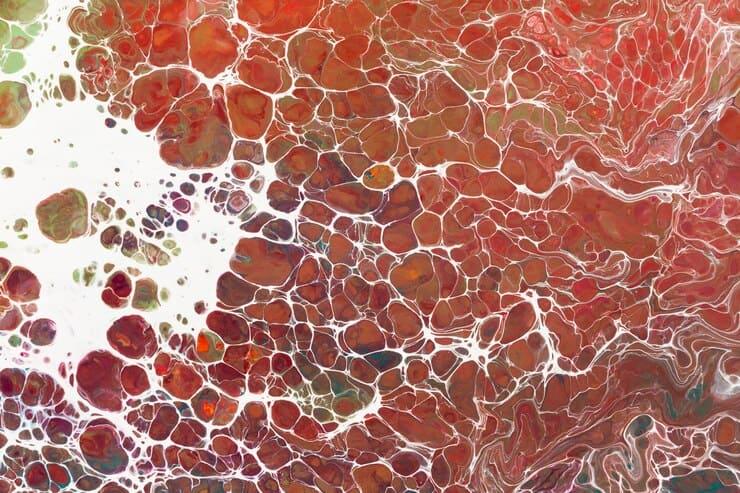KEY TAKEAWAYS
- The study performed an exploratory biomarker analysis of immunophenotyping data from the ARTISTRY-1 clinical trial.
- The analysis suggests NK cell expansion as a potential predictive biomarker for nemvaleukin response in melanoma, requiring further validation.
Nemvaleukin alfa (nemvaleukin, ALKS 4230) is an innovative engineered cytokine that specifically targets the intermediate-affinity interleukin-2 receptor. This unique design prompts a selective boost in antitumor CD8+ T and NK cells while limiting the expansion of immunosuppressive regulatory T cells (Tregs). Researchers shared findings from an exploratory analysis of biomarkers derived from immunophenotyping data in the ARTISTRY-1 clinical trial.
In the study, three distinct groups of patients were treated and analyzed for their responses to specific medications. Group 1, consisting of individuals with melanoma and renal cell carcinoma, received nemvaleukin at a dosage of 6 μg/kg. Group 2 encompassed patients from Group 1 who either showed no response or experienced disease progression. These individuals were transitioned to a combination treatment involving nemvaleukin at 3 μg/kg and pembrolizumab.
The third group, Group 3, received a combination of nemvaleukin at varying dosages (3 or 6 μg/kg) along with pembrolizumab to address diverse solid tumors. The study evaluated the immune cell composition in the bloodstream using flow cytometry, focusing on Tregs, various T cell types, CD19, NK cells, and their subtypes. Results were quantified as absolute counts (cells/µL).
Notable time points during the treatment cycles were identified as follows: day 1 of each cycle (C), C1D8 indicating initial immune expansion, and C2D8 marking the subsequent phase when immune response reached its peak, plateaued, or declined. The assessment of Best Overall Response (BOR) was recorded until March 27, 2023. Scans were conducted every 6 (±1) weeks to monitor progress, and treatment cycles typically lasted 21 days, except for C1 in Group 1, which was 14 days.
The NK cell ratio’s absolute count (identified by CD16+CD56+) at C2D8/C1D8 emerged as a potential predictive marker for treatment response across all patient groups. In Group 1, the effectiveness of the biomarker was validated through BOR, the percentage change in target lesion size, and progression-free survival (PFS). A cutoff value above 1.14 for the NK cell ratio exhibited a strong negative predictive value. This correlated with a substantial reduction in target lesion size and showed a notable difference in PFS, providing early insights into treatment effectiveness.
During logistic regression analysis in Group 1 melanoma patients, adjusting for baseline NK cell numbers, age, sex, and previous treatment lines, the NK cell ratio emerged as the sole predictor associated with response (defined as complete/partial response [CR/PR] and stable disease [SD] lasting over 12 weeks). The majority of NK cells at C1D8 and C2D8 displayed a CD56dimCD16bright cytotoxic phenotype. A cutoff above 1.14 also indicated a considerable difference in PFS among the combination therapy cohorts.
This preliminary analysis lays the groundwork for NK cell expansion to serve as a new predictive marker for how well patients respond to nemvaleukin in melanoma and other solid tumors. Further Validation is required.
Source: https://jitc.bmj.com/content/11/Suppl_1/A833
Clinical Trial: https://clinicaltrials.gov/study/NCT02799095
Panchabhai S, Ernstoff MS, Hamid O, et al740 Pattern of natural killer (NK) cell (CD16+CD56+) expansion correlates with response outcomes with nemvaleukin alfa treatmentJournal for ImmunoTherapy of Cancer 2023;11:doi: 10.1136/jitc-2023-SITC2023.0740



